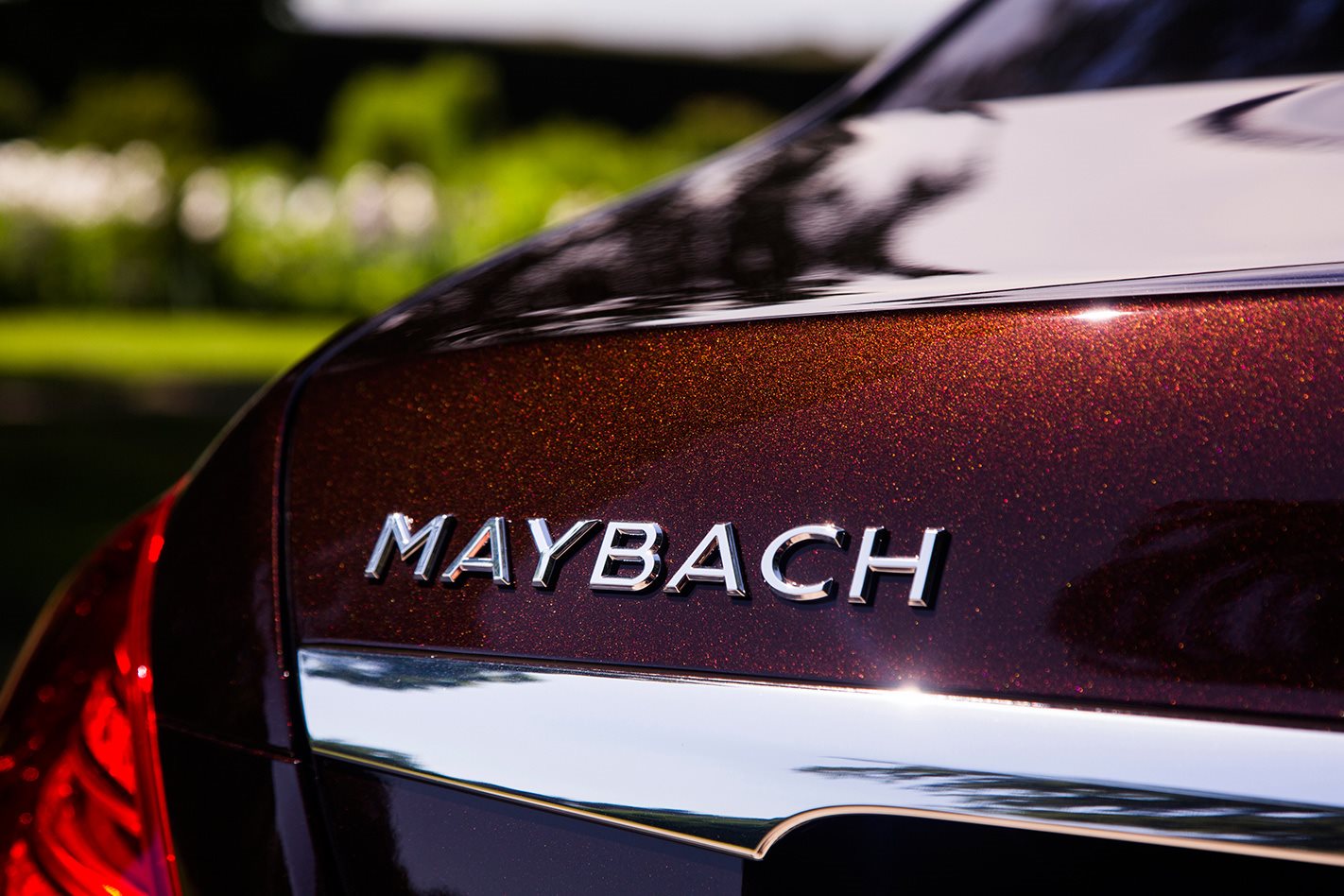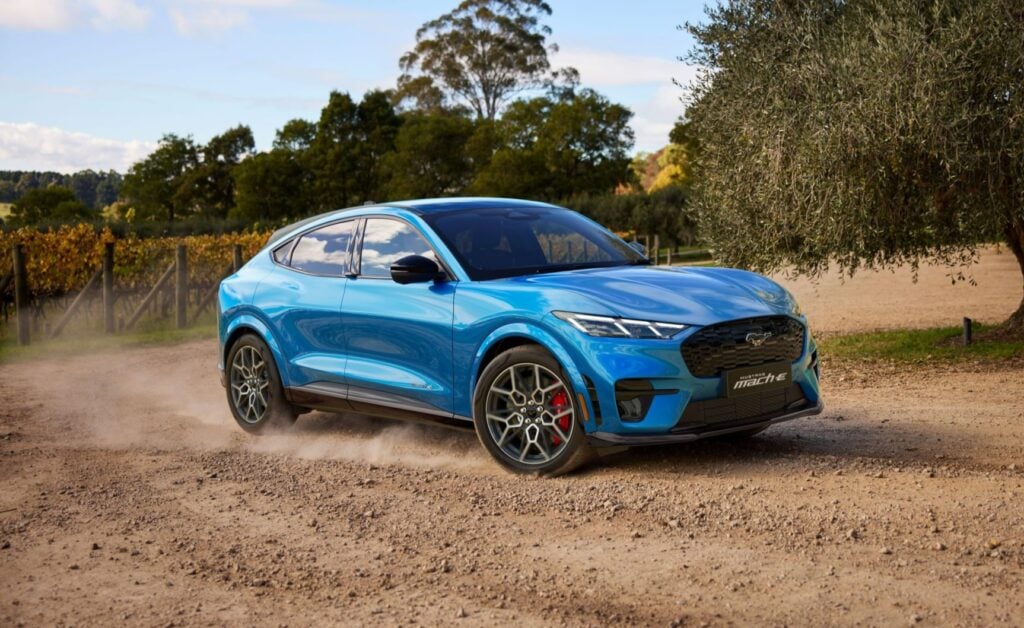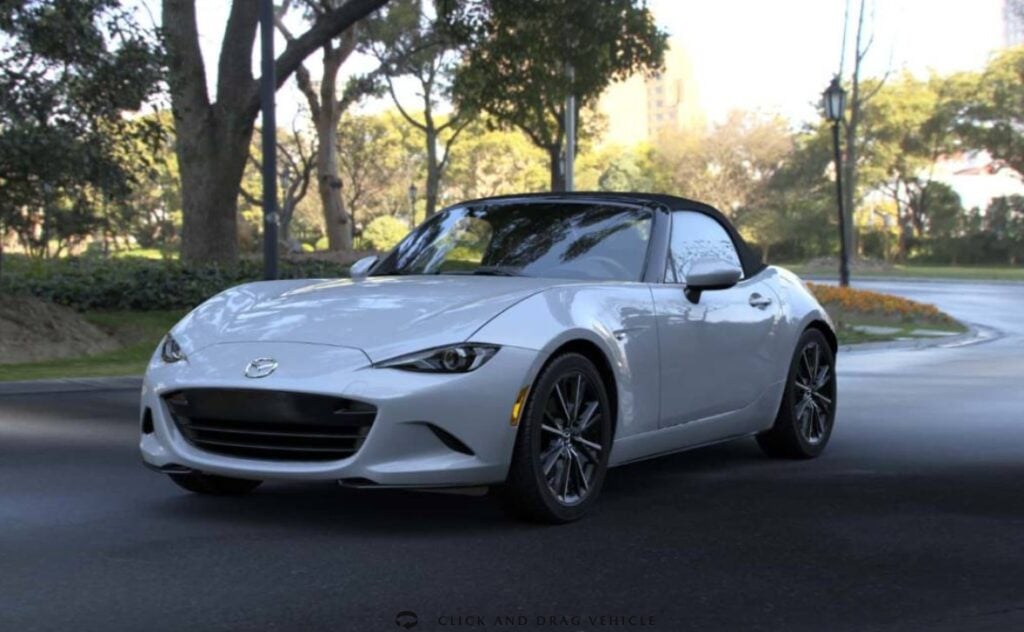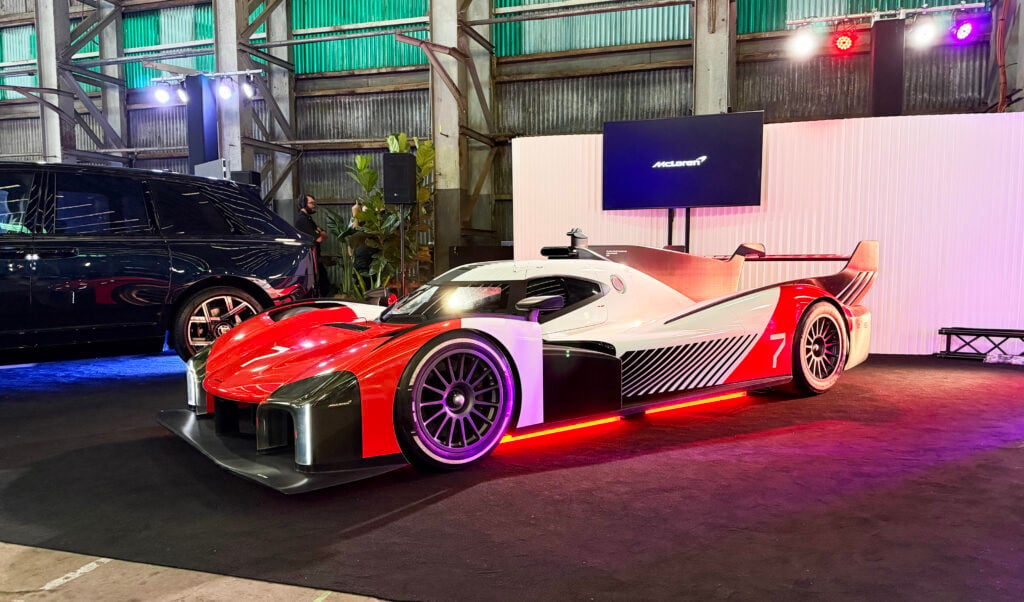RISING new-car prices are expected to hand huge tax bonuses to the government for the foreseeable future, the 2018-19 Federal Budget papers released last night reveal.
Federal Treasurer Scott Morrison last night handed down his third Budget, outlining how the Turnbull-led Coalition reckons it will swell its accounts over the next two financial years, and taking a punt on longer-term prospects. Of note, the Luxury Car Tax, which applies to vehicles costing more than $65,000, continues to exceed Budget expectations.
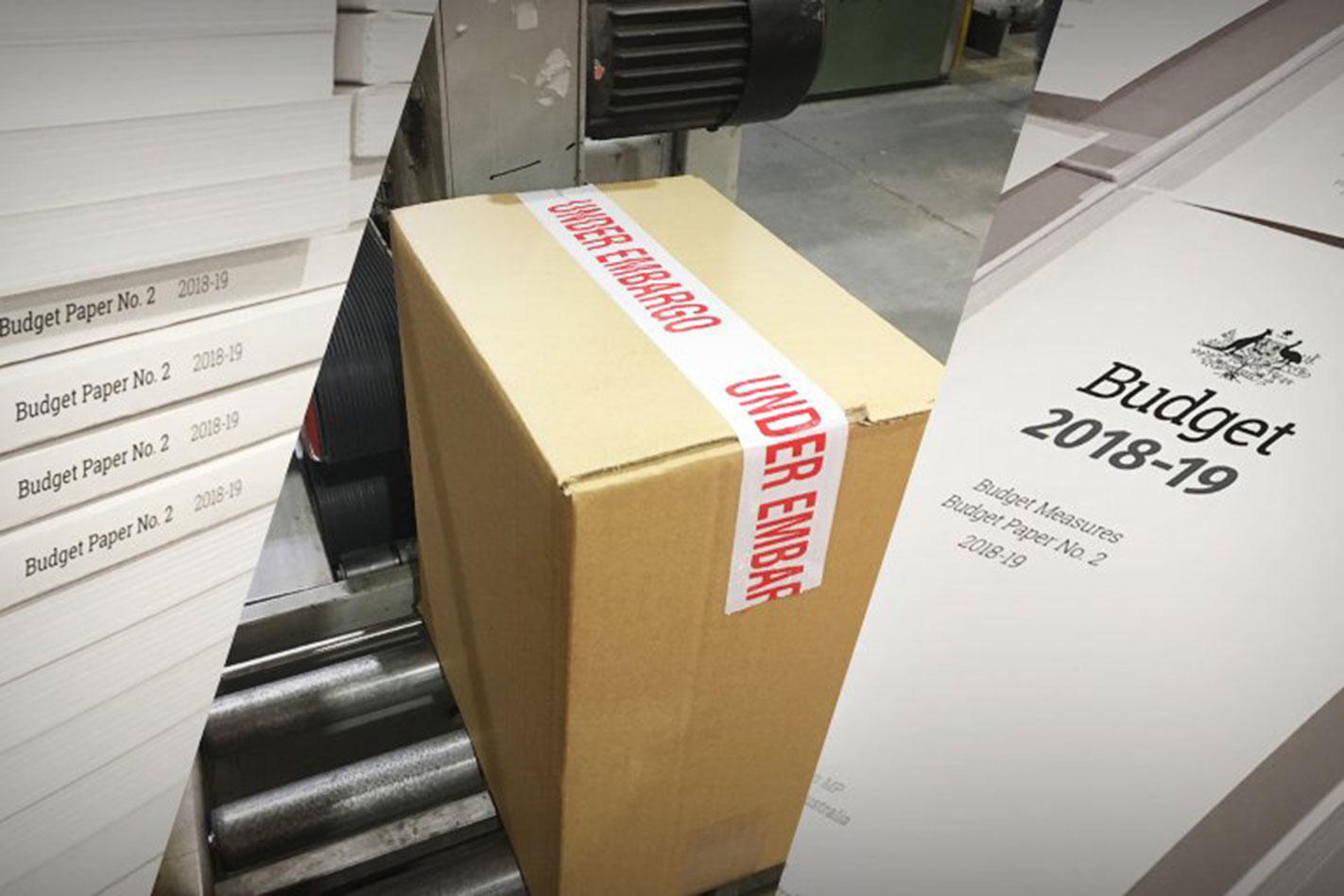
The first bonus will come when the government settles its books on this financial year, which closes on June 20. “LCT receipts are forecast to grow by 7.0 percent in 2017-18, consistent with strong growth in prices of vehicles subject to LCT,” the Budget papers say. ”Since the 2017-18 MYEFO, forecast LCT receipts are $50 million higher over the four years to 2021-22.”
Under the revenue modelling, the Government is expected to earn $730 million from LCT once it closes the books on the current 2017-18 financial year, well up on the $680 million it tipped it would earn in December 2017’s mid-year revision of the performance of its current Budget.
That will slow a little in the following financial year, the Budget tips, rising to $740 million in 2018-19 – but that’s still a $50 million, or 5.7 percent, gain over December’s re-rated estimates.
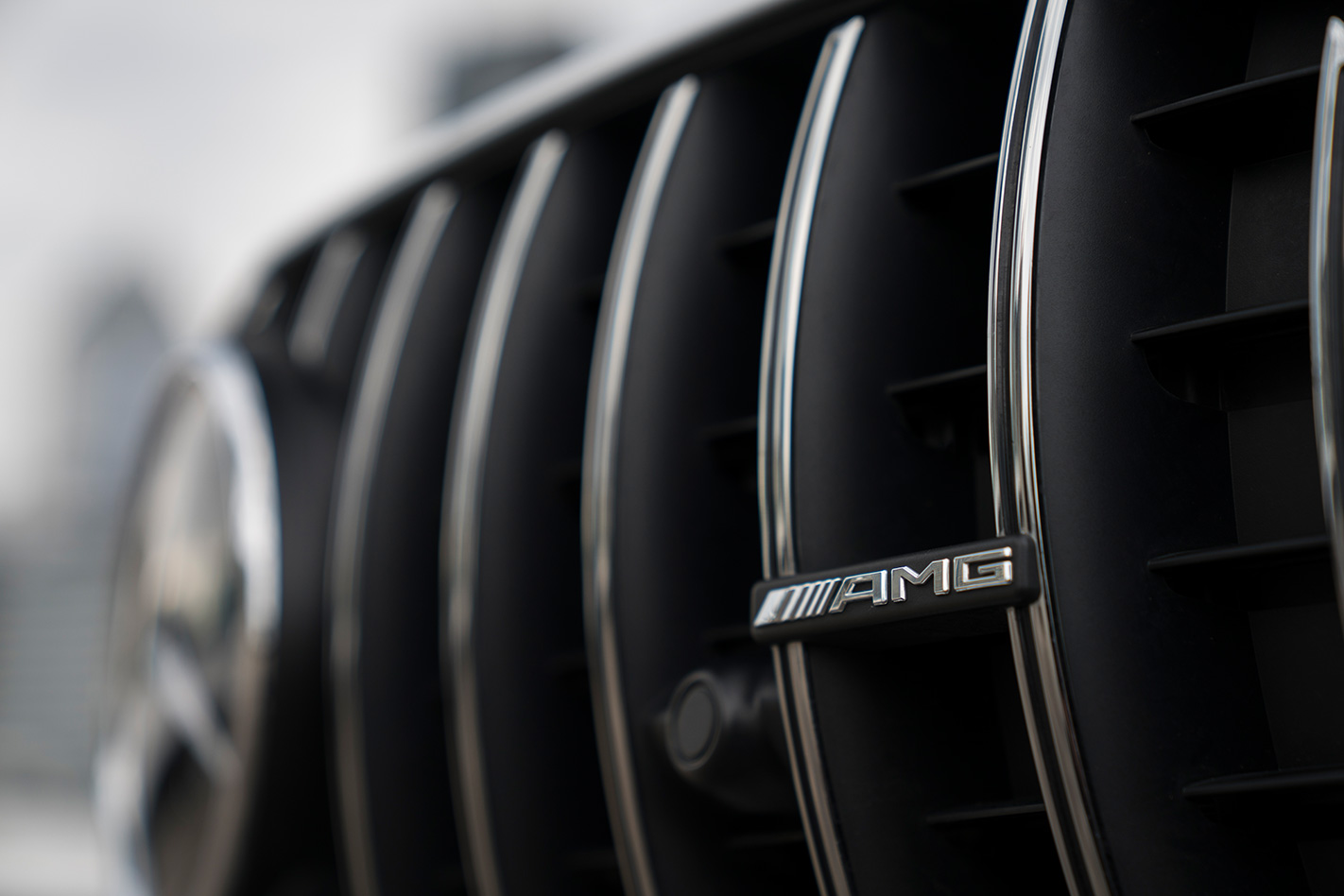
The Budget then moves into forward projections; the financial years where the crystal ball of LCT revenue becomes a bit cloudy. In 2019-20, the tax is estimated to earn $760 million (compared with $690 million in last year’s Budget), by 2020-21 it should be $800 million (compared with last year’s $720 million estimate), and in 2021-22, $830 million.
But there’s a problem that the Budget estimates don’t account for; the long-term future of the Luxury Car Tax is under threat from a European Union trade pact currently being thrashed out between the economic zone and Australia.
Trade pacts are years in the making. Talks to frame an Australia-European Union deal kicked off in 2015, and are expected to take at least another two years before the paperwork is signed. A Foreign Affairs and Trade Department spokesman told Wheels the department expected the free trade talks to include “reciprocal elimination of barriers to trade and goods” – barriers including unique taxes levied against goods such as luxury cars.
The LCT, which is described as a false tariff and has hit manufacturers as diverse as Toyota and Lamborghini, is already believed to have been highlighted as one of the deal breakers in pact negotiations.
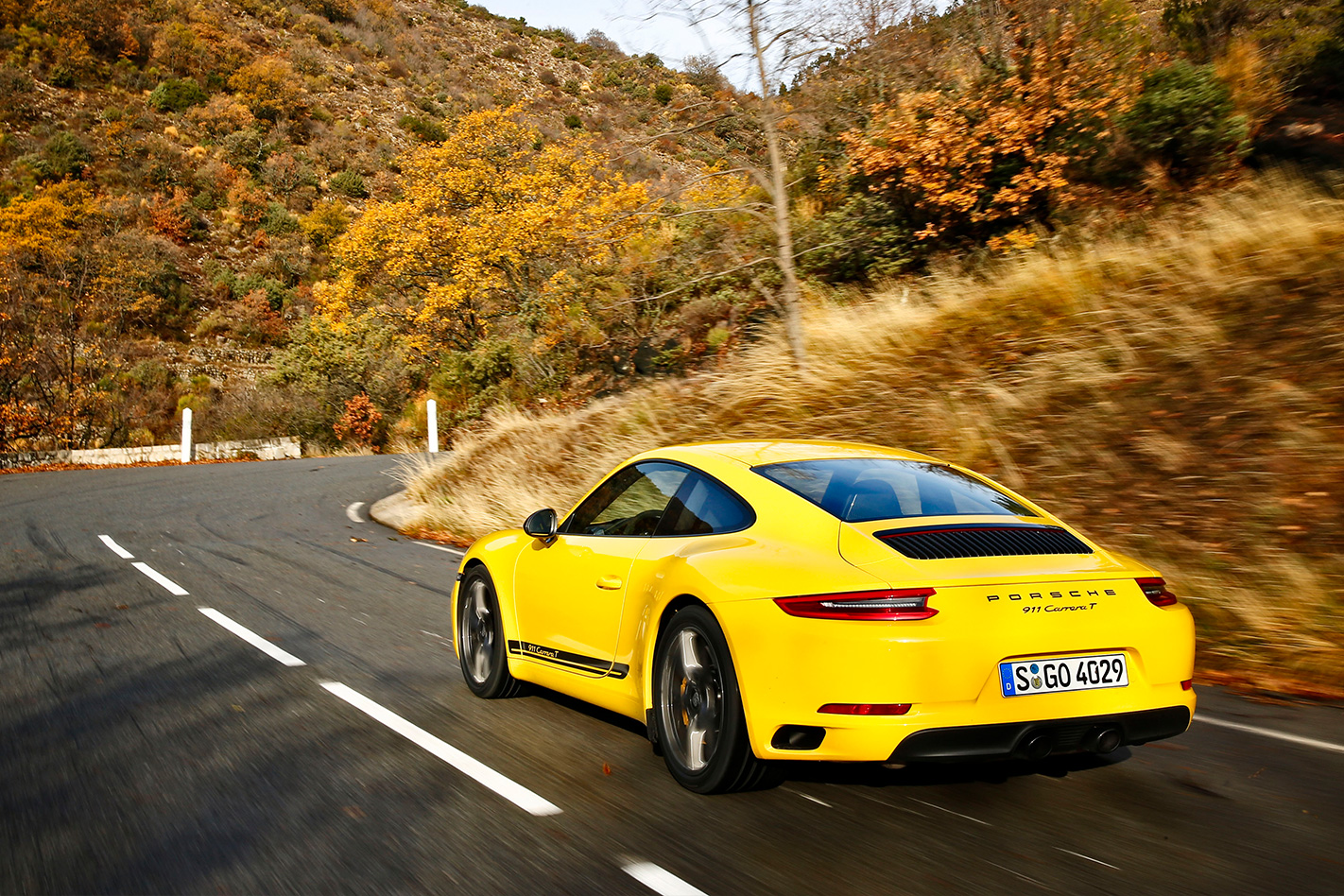
The Budget also closes a loophole that will allow the Australian Tax Office to make company directors liable for LCT bills if the companies they represent don’t pay it – just as it would if the companies defaulted on any of a number of other tax bills.
And in a bit of good tidings for anyone considering sending a car overseas to be restored, the government has announced it will stop charging luxury car tax once they’re brought back into Australia – but you’re going to have to wait until 2019 rolls around.
“Currently, cars that are refurbished in Australia are not subject to luxury car tax,” the Budget papers say. “However, cars exported from Australia to be refurbished overseas and then re-imported are subject to the tax where the value of the car exceeds the relevant luxury car tax threshold.
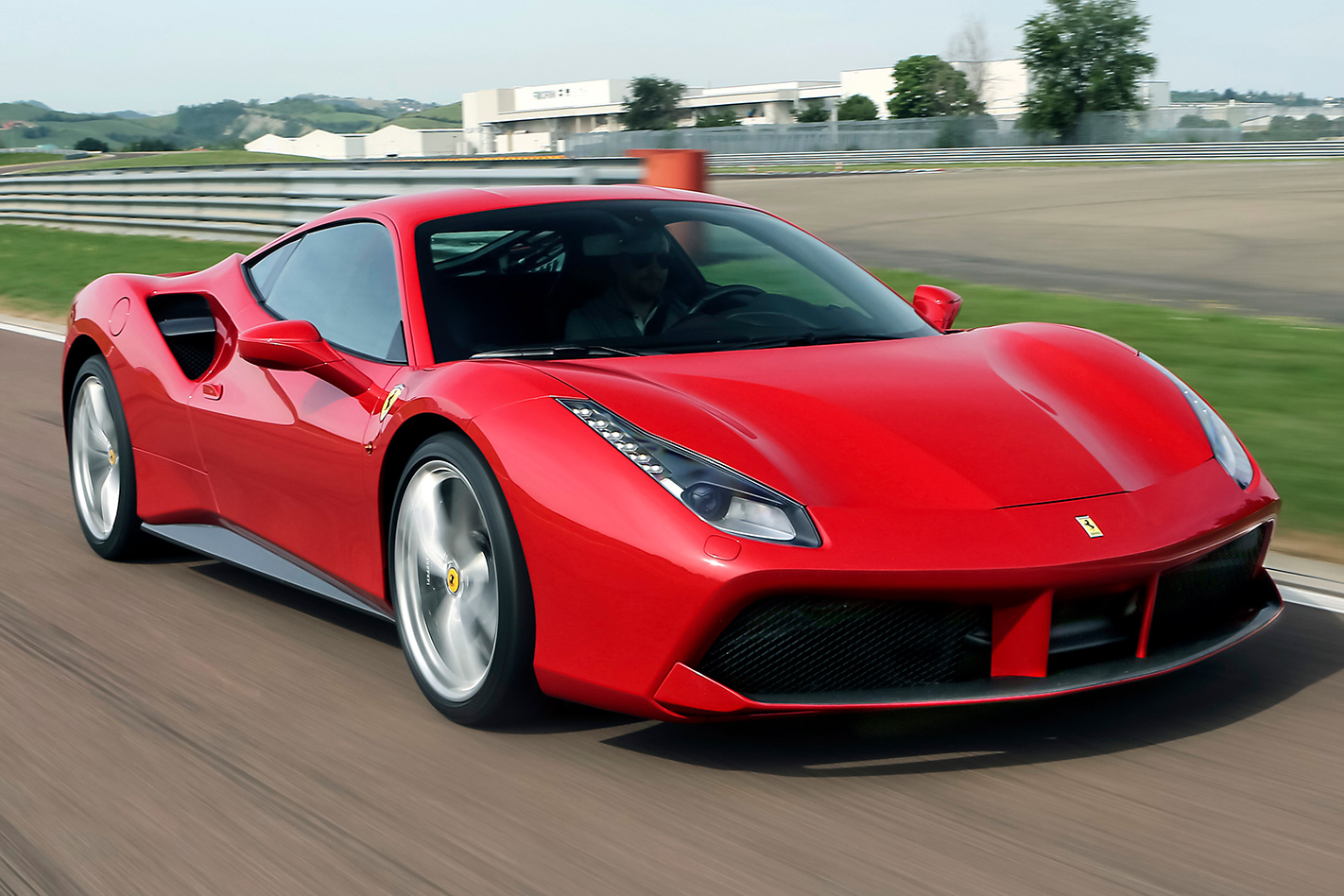
“The Government will remove the inconsistency in tax treatment of refurbished cars in order to align with Australia’s trade obligations with its foreign trading partners. This measure will ensure the same tax treatment applies, regardless of where the car is refurbished.”
It said the measure, which will be introduced on January 1, 2019, was estimated to have “a negligible cost” to the public purse.

